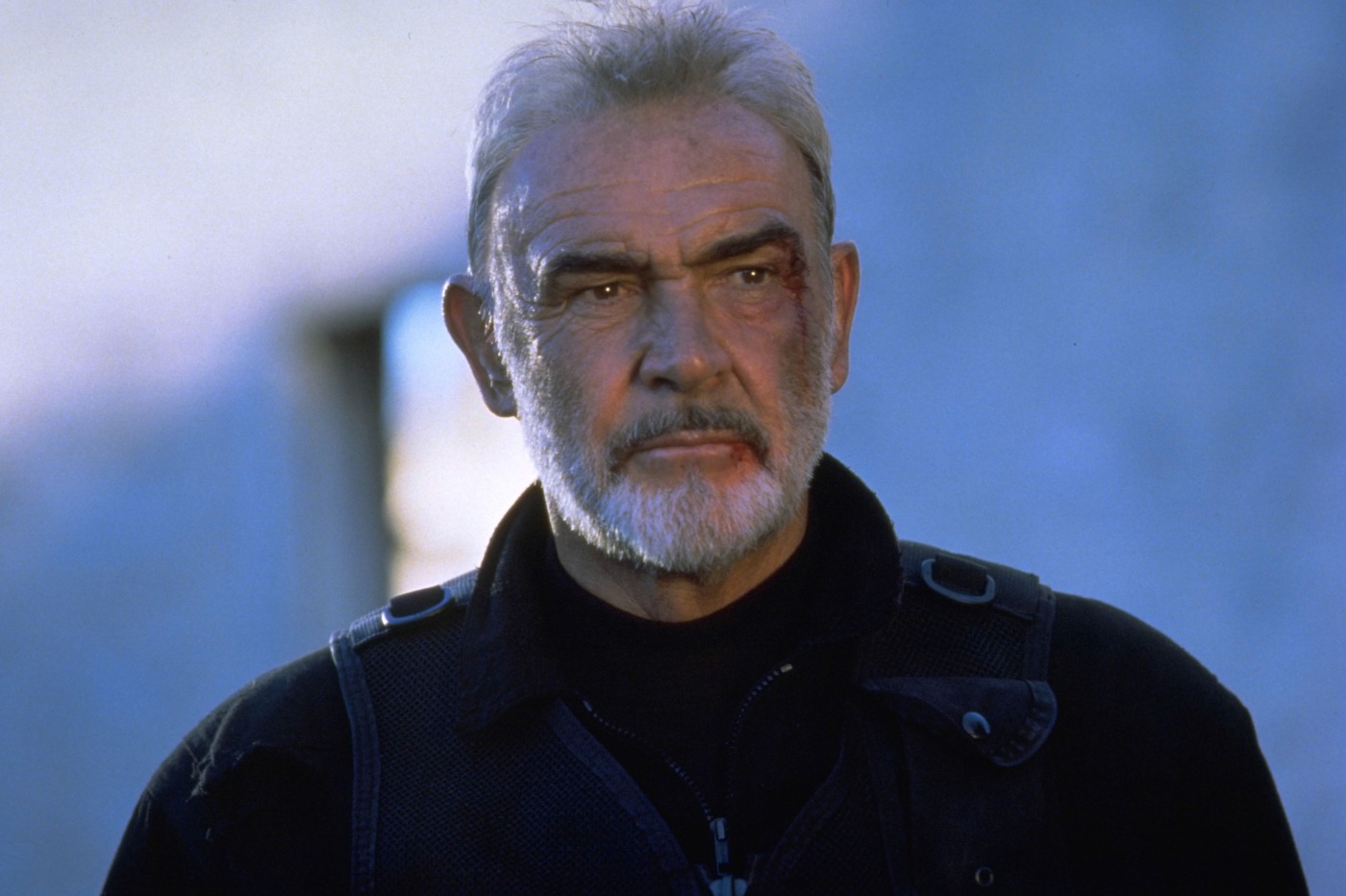Remembering Sean Connery
I’m no believer, but Sean Connery was one of the closest things I had to a God. With his tall, lean frame, chiselled good looks and deep tone, he could have made a good Hercules in another lifetime. He brought an irresistible, knowing charm to every performance, emerging as the dominant presence across many genres with whoever he shared the screen.
Sixty years on, he is still the definitive James Bond and always will be. Starting with Dr No in 1962, peaking with Goldfinger in 1964 and ending in the unofficial Never Say Never Again in 1983, he played Britain’s favourite spy seven times. I first watched the films around the age of 11 with my dad, and was immediately transfixed, so much so that my bar-mitzvah at age thirteen was James Bond-themed. And that was all down to Connery, as there’s no way I would sat through all twenty-two films (as it was then) if I hadn’t enjoyed those initial glorious outputs. Bond’s, and by association Connery’s, fusion of modern elements with extraordinary stunt work and flamboyant settings alongside the traditional British gentlemanly stiff upper lip proved a winning combination, turning the franchise into an immediate global hit. His fourth outing, Thunderball, was the third highest-grossing film of 1965 behind only (and understandably) The Sound of Music and Dr Zhivago, making over $1 billion adjusted for inflation today. In Britain especially, Connery captured the imagination of the population, turning him into a national icon. It’s easy to forget back then that he was the only Bond and so he was even less inseparable from the role as he still is today.
Sixty years on, he is still the definitive James Bond and always will be
Despite very much being a part of the Swinging 60s cultural wave, it’s a sign of strength and adaptability that both Connery and Bond grew out of it and continued to flourish. Bond of course took the direction of Roger Moore’s dapper wit and constantly went on to fit in with the times over the new few decades. Connery didn’t necessarily change with the times so much so that it feels weird to think that he was still acting in mainstream films into the 21st century and even turned down the role of Gandalf in Lord of the Rings, ending his career instead in 2003 with the abominably bad The League of Extraordinary Gentleman. But he did manage to create his own movie star and screen persona distinguishable from Bond.
For a while he did struggle to find success outside of Bond and really become his own man, with starring roles in Alfred Hitchcock’s Marnie and Sidney Lumet’s The Hill his only notable non-Bond outings until the mid 1970s. But in 1975 came sweeping colonial epic with Michael Caine, The Man Who Would Be King, the first Connery film I actually saw, which really kickstarted the rest of his career. He developed mostly into authority figures, mixing between leading and supporting roles, most notably in my favourite childhood ‘school sick day’ film Indiana Jones and the Last Crusade where he was clearly having a ball in one of the most ingenious casting decisions of all time, playing perfectly off Harrison Ford as his Indy’s father. He also had other franchise outings, playing the outlandish Spanish swordsmen Juan Sánchez Villa-Lobos Ramírez in cult 80s film Highlander and a rogue Soviet naval captain in submarine thriller The Hunt for Red October, the first in the Jack Ryan series, both films featuring what became his trademark terrible accent attempts. Towards the end of his career came blockbuster action classic The Rock, sharing the screen with Nicholas Cage and Ed Harris, and also found acclaim with his penultimate role in Finding Forrester.
There’s something about his passing that feels monumental
Although he had avoided awards recognition for his most of his career, a spell in the late 80s did make up for lost time, winning a BAFTA for 14th century set murder mystery The Name of the Rose (one of four BAFTA nominations alongside two Golden Globe nominations) and finally getting his hands on an Oscar win for Best Supporting Actor for his powerful turn in 1987’s gangster flick The Untouchables, proving he could transcend beyond Bond, and be deemed worthy of the industry’s highest honour.
Living until the age of 90, and in retirement for nearly his last two decades, the moment of Connery’s passing shouldn’t feel sad having lead a long and rich life of luxury, becoming one of the most famous individuals on the planet. But there’s something about his passing that feels monumental. A significant player in the pop culture of my childhood has gone, which does mean a lot to me emotionally but it’s something more than that. Especially with Roger Moore having passed a few years back, it feels like a whole era of that charming macho British gentleman is gone. Today’s world may not be crying too much over the loss of someone like that, but I find it quite unsettling for what so defined a moment in time of British culture and history is now gone just like that. In my eyes, Connery on screen really was a God, someone us mere mortals could never match up to, and the old age he was living up to felt like a confirmation of that in a strange way. But on discovering that he is indeed mortal, there’s a realisation that eras really do die out and fade away. It’s something we all have to come to terms with but when it’s James Bond, who always survives, it’s that little bit harder to accept.

Comments